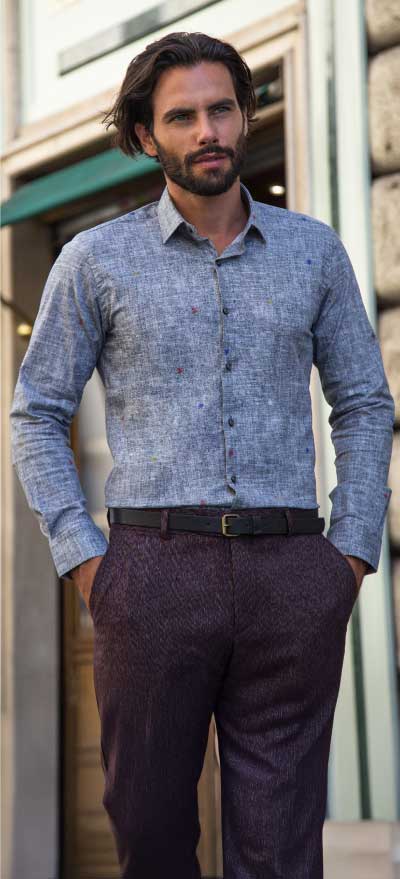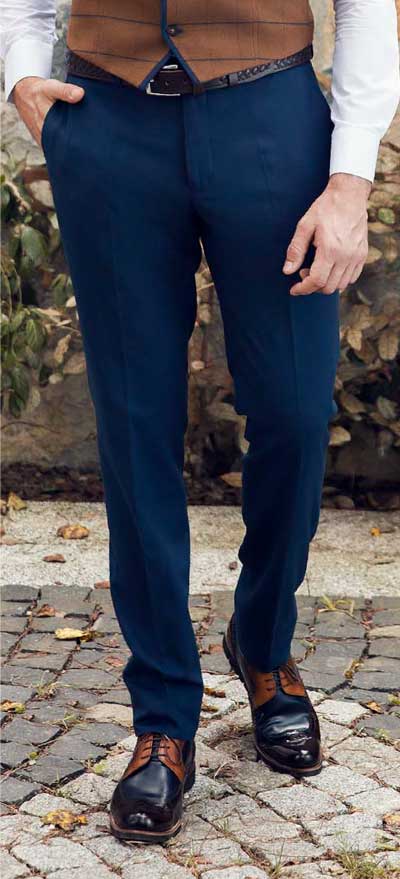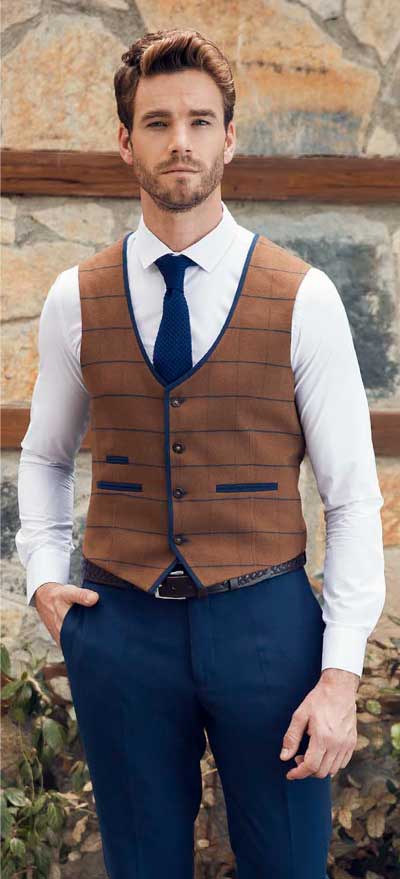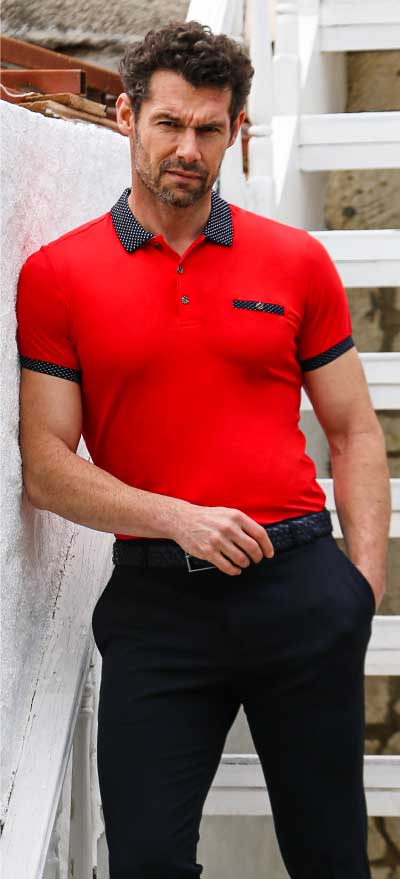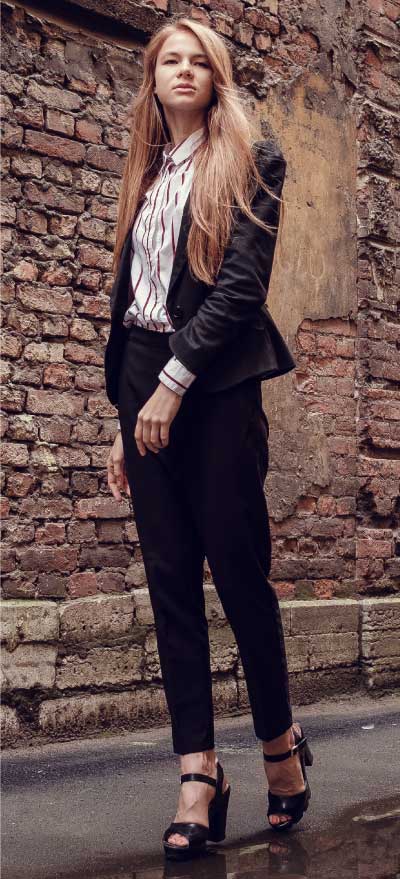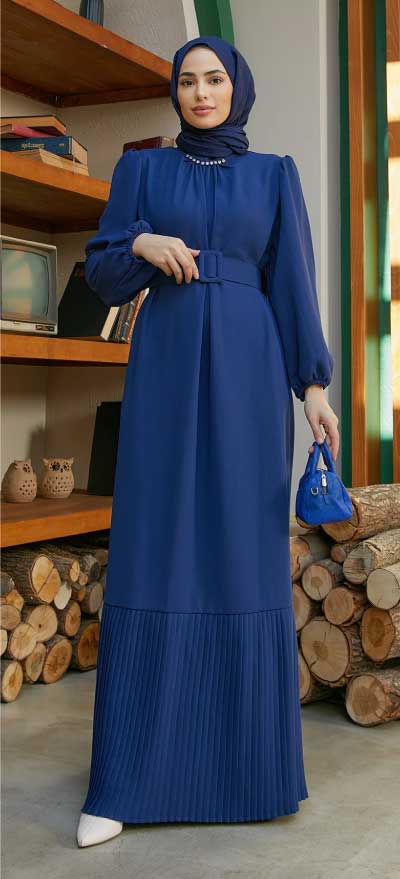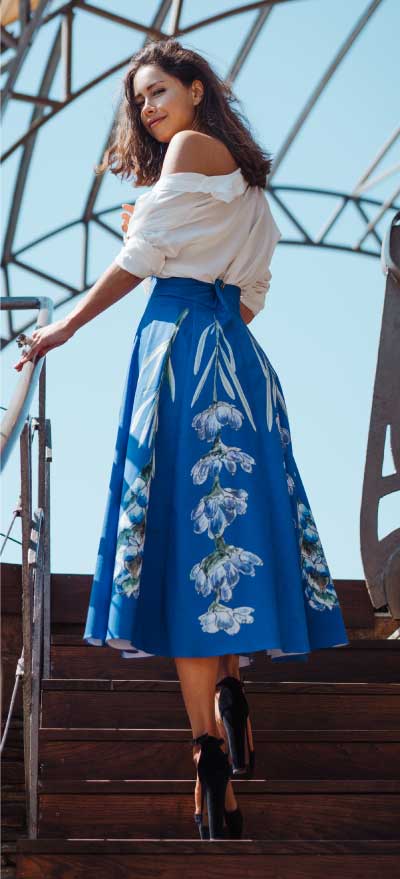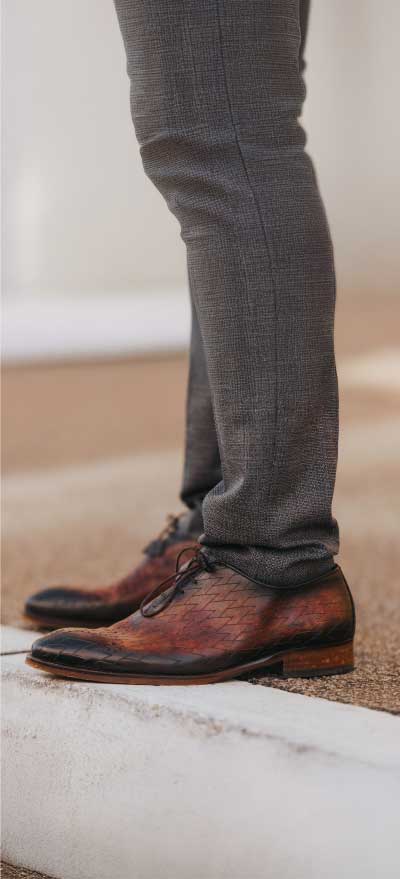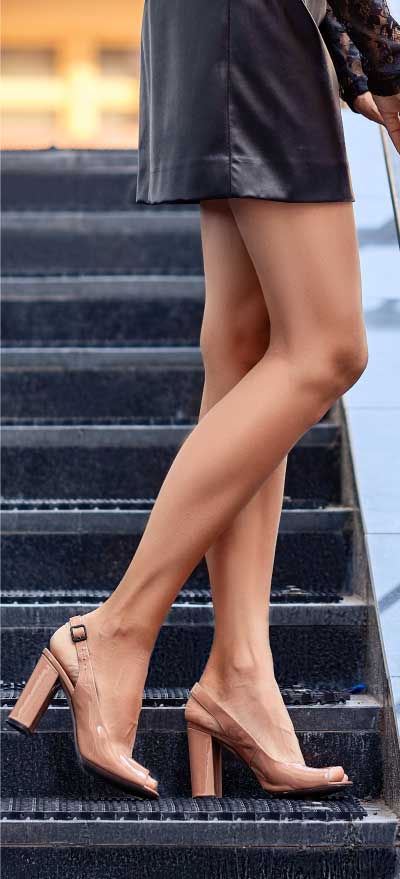5 Factors to Consider When Choosing Wholesale Clothing Vendors
When it comes to running a successful retail clothing business, finding the right wholesale clothing vendors is essential. Not only do these vendors define your business's brand, but they also play an important role in influencing customer loyalty. This is why making smart choices when selecting wholesale vendors has become a priority for retailers today. Thankfully, with endless options available in the 21st-century marketplace, sourcing viable vendors is possible.
Therefore, this comprehensive guide will provide five important factors to consider to help make the right decision for your clothing brand—whether you are just starting out or need new insights as your business grows. Make moves with confidence, and these tips will bring you closer to success.
Important Factors in the Selection of Wholesale Clothing Vendors
It might never be too soon to start looking for reputable clothing wholesalers, as the more reliable vendors you can find, the better off your business will be. To ensure you have chosen the best partner for your clothing store, here are five factors to consider when selecting wholesale clothing vendors:
#1: Product Quality and Variety of Wholesale Clothing
Having a good reputation and satisfied customers is key for any business; to ensure this is achieved, it's essential that preferred wholesale clothing vendors are of the highest quality. It all begins with reviewing the quality of their products, as this will play a major role in the success of any business. But what should be taken into account when evaluating vendor quality? Here are a few points to look out for:
Quality Standards:
Ensure that the vendor adheres to high-quality standards. Ask for samples or visit their showroom to inspect the fabric, stitching, and overall craftsmanship of their clothing items.
Durability:
Are your clothing items durable? Can they handle regular wearing and washing cycles? When customers purchase quality and long-lasting clothing, it increases the trust they have in your brand and reduces the risk of an unsatisfactory return. Providing high-end products built to last ensures your customers get more than their money's worth. High customer satisfaction is key to building a loyal fan base that continues returning again and again.
Fabric Selection:
Consider the types of fabrics offered by the vendor. Do they provide a variety of options, including natural and synthetic materials? Having diverse fabric choices will allow you to cater to different customer preferences.
Fit and Sizing:
Working with a reliable vendor is key to maintaining consistency. Make sure their sizing charts are trusted and accurate, as any discrepancies in size may cause headaches down the road. It's vital to select a vendor that upholds dimensions each and every time because you need products that fit your customer correctly at all times. Quality control, from the beginning, is therefore paramount when making your choice – bad sizing or addressing can turn away customers quickly, so accuracy is a must.
Stylish Designs:
Take time to evaluate the vendor's design aesthetics and question if their clothing items are stylish and on Trend. Understanding popular fashion and incorporating these changing trends can open up an opportunity to target broader yet specific demographics. A wider range of consumers will be more attracted to the products by offering a constant selection of fashionable designs. A good mix of trendy offers could ensure a business achieves and maintains success in its industry.
#2: Minimum Order Requirements and Pricing
When it comes to the profitability of your business, the pricing and minimum requirements set by your clothing wholesale vendors have a big impact. It is essential for you to carefully consider various aspects before finalizing any agreement with them. A few points that might further help you make informed decisions are:
Minimum Order Quantity (MOQ):
Different vendors may have varying MOQs. Evaluate whether the vendor's MOQ aligns with your budget and storage capacity. Smaller MOQs can be more manageable for startups and small businesses.
Pricing Structure:
Examine the vendor's pricing structure. Are their prices competitive in the market? Remember that while lower prices may seem appealing, they should not compromise product quality.
Wholesale Discounts:
Inquire about bulk purchase discounts. Some vendors offer better pricing when you buy larger quantities. Negotiating favorable terms can boost your profit margins.
Shipping Costs:
Consider shipping costs when calculating the overall expenses. Look for vendors with transparent shipping rates and policies. You want to avoid unexpected expenses eating into your profits.
Payment Terms:
Understand the vendor's payment terms. Do they offer credit options or require upfront payments? Clear payment terms are essential for budget planning.
#3: Reliability and Reputation
Having an excellent rapport with your wholesale clothing vendors is critical for success. Showing them that you trust and value their input sets the foundation for a long-term professional relationship. But how do you evaluate if they can deliver on their promised tasks? Here are some key criteria to consider when examining the reliability and integrity of a vendor:
Vendor Experience:
Experienced vendors have a distinct advantage in the market. Their years of experience have enabled them to deeply understand customers and industry trends. When reviewing vendors, take note of their longevity and track record. Their years in operation can provide insight into their ability to deliver quality services or products that satisfy customer needs. Demonstrated success reinforces trustworthiness, speaks louder than marketing jargon, and should feature heavily in your decision-making process.
Customer References:
Ask for references or read customer reviews and testimonials. Hearing about other retailers' experiences can give you insights into the vendor's reliability.
Communication:
Effective communication is key. Gauge how responsive and helpful the vendor's customer service team is. You'll want a vendor who is easy to reach when issues arise.
Consistency:
Consistency in product quality and delivery is paramount to any business's success. Quality cannot be sacrificed for speed, and vendors must ensure that orders are fulfilled on time and in accordance with client expectations. Vendor unreliability can incur lost revenue or disrupted timelines, making them a liability rather than an asset. Therefore, keeping a vendor with a history of dependable fulfillment is invaluable for any business striving to maintain success in the long term.
Ethical Practices:
It is important to uphold ethical and sustainable practices when collaborating with a vendor to emphasize that those same beliefs are aligned and shared by your company. Moreover, it has been recognized as cost-effective, especially when it comes to promoting your clothing brand. Ethical sourcing and production techniques give customers the assurance that they are purchasing items that are produced in a reliable manner that respects people and the planet. By furthering the message of this sustainability among your target base, you can be confident that you will build essential customer loyalty and trust.
#4: Fashion Trends and Seasonal Offerings
Fashion is diverse and ever-changing, so staying ahead of the trends is essential if you're in the retail business. When selecting wholesale clothing vendors that best suit your needs, here are some points to keep in mind:
Trend Awareness:
Shopping for the best clothes that reflect current fashion trends can be difficult. That's why selecting the right vendors who understand what is new and noteworthy is crucial. Supporting clothing suppliers that stay up-to-date with stylish designs keeps customers in the know of seasonal demands and the latest trends. Not only will their business remain profitable, but it will also give you confidence, knowing that you always have top fashion essentials on your store shelves.
Seasonal Collections:
Check if the vendor provides seasonal collections that cater to different weather conditions and holidays. Having relevant stock during peak seasons can boost sales.
Exclusive Designs:
If you're looking to stand out from the competition, some vendors provide exclusive designs that can give your store a unique edge. You may also want to investigate their capacity to offer fresh and modern pieces. See what sets their inventory apart and determine if they supply high-quality items that suit your business needs. With such trendy finds, you can add flair and vibrancy to your selection for an eye-catching display!
Lead Times:
Keeping up with the ever-shifting landscape of fashion trends in this fast-paced world requires evaluating available lead times for new product releases. To stay competitive, appearing relevant and timely is critical, and delivery on timely release dates should be present. The fashion industry requires that their share of trendy items match the shifts in demands or risk being left behind by other promptly released collections and designs. Assessing lead times will ensure your store's offering meets the pace of today's consumers' demands.
Flexibility:
Trying to identify the right vendors can take time and effort. It's important to remember that vendors should always be eager and willing to work according to your specific requirements, taking into account factors such as customer demographics and preferences. This will help tailor the products and services in a way that proves beneficial for both you and your customers. Choosing a vendor with an open mind – ready to adjust their services and products at your discretion – is a critical factor in making sure you get exactly what you need for success.
#5: Customer Support and Return Policies
Exceptional customer support and clear return policies can significantly impact your business operations. Here's what to look for:
Return and Exchange Policies:
Before you make a purchase, make sure to understand the vendor's return and exchange policies. Are they customer-friendly? Think about how they could improve customer satisfaction. Their return should be easy to follow and allow some flexibility. If so, customers are more likely to view their products in a positive light. Another key element of positive customer satisfaction is having flexible return policies that remove these additional costs as an obstacle.
Order Tracking:
Does the vendor have order tracking options? Knowing your orders' status can be useful in keeping your inventory up-to-date. Keep peace of mind knowing that you'll be able to track your orders at any given time and know whether you need to fill the shelves or reorder supplies. Make sure you ask when inquiring about the vendor – it will save time and help make managing inventory a breeze!
Problem Resolution:
When considering a vendor partnership, it is important to take a critical look at how the vendor handles problems or issues that may arise. Do they appear responsive and proactive in resolving any concerns? Such an approach is absolutely essential for a symbiotic relationship. Owning up to mistakes and promptly attempting to resolve them goes a long way in forming a smooth and positive union between both sides. There should be no room for excuses, only professional problem-solving.
Sample Orders:
Some vendors offer an option to sample their products before committing to larger orders. This is an excellent way to ascertain your business's quality and practical considerations. You can access valuable information firsthand, allowing you not just to answer the "what" but the "how" of prospective purchases. The initial order will be a minor financial commitment; it will likely have value beyond its monetary price tag when making larger or repeated order decisions from the same supplier.
Payment Security:
Ensure that the vendor follows secure payment practices to protect your financial information. If the vendor has a policy that allows you to pay through secure third-party payment services, their service and communication will likely be transparent and responsive. Having an assurance of knowing your financial information is secure will make for a more restful sleep at night!
Overall, there are many factors to consider when choosing a wholesale clothing vendor. Taking your time and researching all options can help you create an informed and reliable partnership for years to come. From considering product quality to payment security measures, being mindful of potential considerations will save you from potentially costly mistakes and put you on the path to success.
In a Nutshell
With so much to consider, finding the right wholesale clothing distributor is no easy task. The good news is that once you have taken into account all of the important factors outlined above in this post, you will be well on your way to selecting a reliable, reputable, and cost-effective wholesale partner. To make sure you notice all the valuable details, take a few moments to browse through all of these 5 Factors to Consider When Choosing Wholesale Clothing Vendors. Investing in reselling quality apparel from trusted sources will go a long way toward providing your customers with stylish wardrobe options that they love while optimizing your own profitability and boosting your business's bottom line. Best of luck in finding the perfect wholesale clothing supplier for your fashion business!







